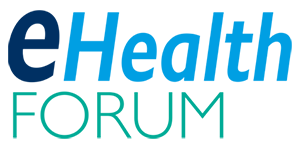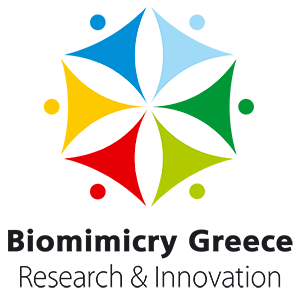Health professionals must use the power of communication and media to mobilize patients to adopt “healthy behaviors”, as well as to draw the attention of those who influence or design health policies, on the important health issues and to bring these issues for public consultation. Which health communication strategies, which IT technologies, which technologies of image and sound, which tools and media channels should we adopt to improve outcomes in population health and quality of health and healthcare? What is needed for children, for the young, for old age?
A key challenge facing health professionals is to mobilize the power of health communication to empower individuals to adopt healthy behaviors, to direct policy makers’ attention to important health issues, and to frame those issues for public debate. Use health communication strategies and health information technology or media to improve population health outcomes and health care quality.
Ideas about health and behaviors are shaped by the communication, information, and technology that people interact with every day. Health communication and health information technology (IT) or media tools are central to health care, public health, and the way our society views health. These processes make up the ways and the context in which professionals and the public search for, understand, and use health information, significantly impacting their health decisions and actions.
The challenge is how to use health communication strategies through media and health information technology to improve population health outcomes and health care quality.
To address this challenge, the MIT HACKING MEDICINE ATHENS will help participants to investigate the field of health communication and public health by researching and analyzing the contributions of health communication to behavior change and policy, by preparing future health leaders to utilize communication strategies, and by strengthening communication between journalists and health professionals. The objectives in this topic area describe many ways health communication and health IT or media can have a positive impact on health, health care, and health equity. For instance, the following can improve:
- health care quality and safety
- Providing personalized self-management tools and resources
- Increasing health literacy skills
- Increase the efficiency of health care and public health service delivery
- Improve the public health information infrastructure
- Support care in the community and at home
- Facilitate clinical and consumer decision-making
- Build health skills and knowledge


